Discernment and Revelation, Part 1: Five Views
(From Think on These Things. Used by permission.)
Discernment, one would think, is an extremely positive quality. In a world with incalculable numbers of voices calling us to travel many different directions, discernment is invaluable. However, when used by those involved in spiritual formation, discernment is defined as the discipline that enables one to know when a person has supposedly heard the voice of God.
Spiritual formation leaders do not question that God speaks to us today apart from Scripture, but they do believe that since God is speaking there has to be a means whereby we can discern the voice of God from our own thoughts.
Adele Ahlberg Calhoun writes in her Spiritual Disciplines Handbook, “Discernment opens us up to listen to and recognize the voice and patterns of God’s direction in our lives.”1 Ruth Barton further explains,

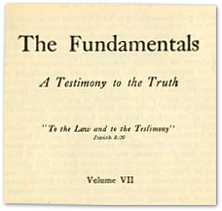 (
( Read
Read 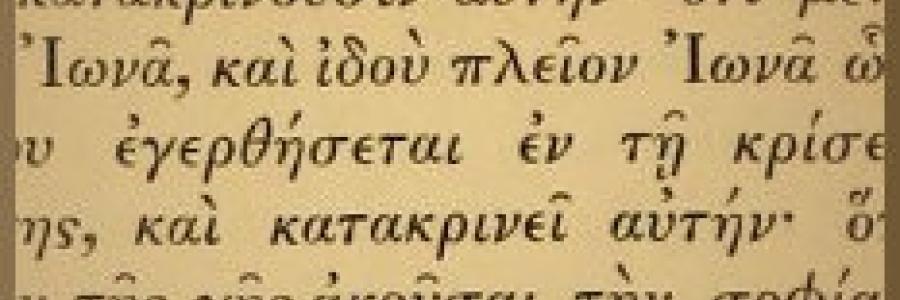
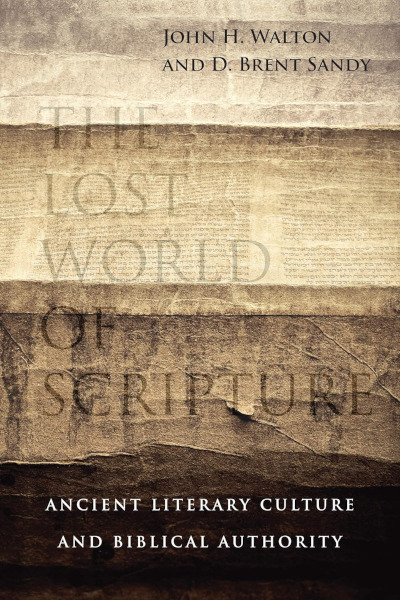
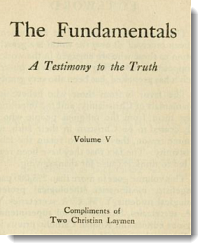

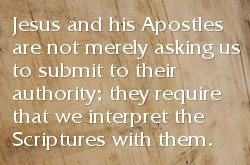

Discussion